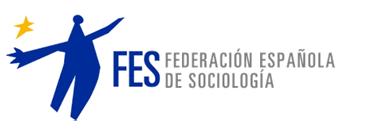La ciencia administrada
Abstract
A partir del fin de la Segunda Guerra Mundial se extiende, partiendo de los EEUU, una comprensión y uso de la ciencia subordinadas al proceso de producción. Esto determina el avance, sobre el campo científico, de un proceso de administración de la investigación y de la formación por parte del Estado y, a través de él, del aparato productivo. Esa subordinación de la actividad científica a la utilidad productiva promueve la extinción del pensamiento crítico en favor de un pensamiento puramente instrumental. Y con ello el sofocamiento de la crítica y la creación en favor de la explotación de la ciencia existente: la ciencia normal. En la formación, se pasa de una formación destina-da a cultivar la racionalidad y el examen crítico, valorando el conocimiento como un bien en sí mismo, a una formación destinada a promover la aceptación acrítica de la ciencia normal y su uso y “acrecentamiento” meramente profesionales, valorando el cono-cimiento sólo en la medida en que es útil desde el punto de vista mercantil o de segu-ridad. Todo ello, reproducido de modo casi coactivo por los métodos de evaluación y las políticas de publicación, que castigan a los investigadores críticos y creativos y premian sistemáticamente la repetición, el uso técnico y la subordinación instrumental a los paráme-tros de la ciencia normal. Estos mecanismos tienden a ampliar la reproducción de estos rasgos y a empujar a la extinción aquellos que no se ajustan a sus objetivos.
Downloads
Downloads
Published
Issue
Section
License
Sociología y tecnociencia is licensed under a Creative Commons Attribution 4.0 International License (CC BY 4.0).
The journal allows the authors to retain publishing rights. Authors may reprint their articles in other media without having to request authorization, provided they indicate that the article was originally published in Sociología y Tecnociencia.



